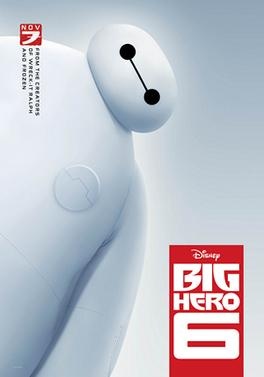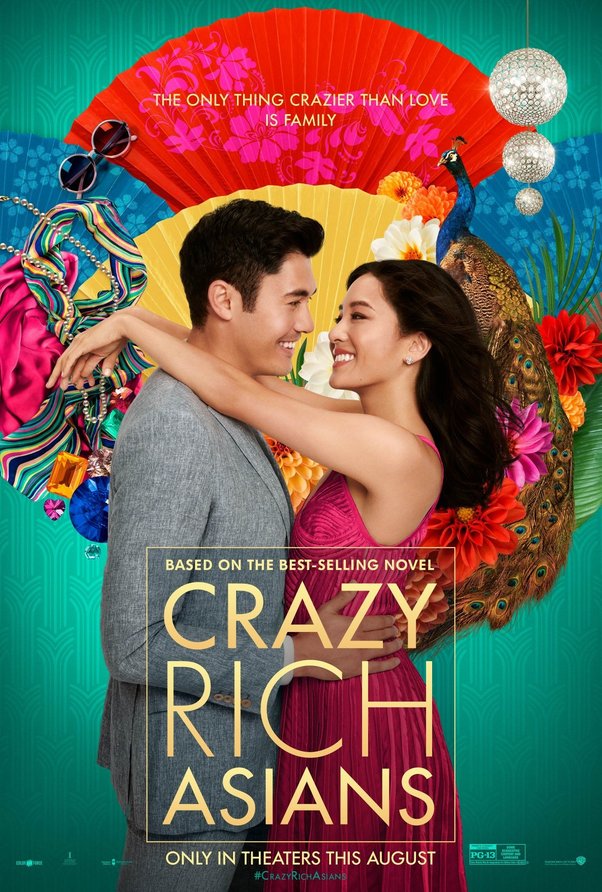Again, China in your imagination is China retold from western perspective. Even as someone a Chinese diaspora in eastern hemisphere, who has growing up through western education perspective, China in my eyes is quite different from how western mainstream media, pop science, history, literature, let alone politicians portrays it.
In early 2000s, when I am still learning Mandarin “Chinese” – we have so many options on how to romanise its pronounciation. But the US already decided for everyone: Hanyu Pinyin it is! So that’s how my text book 10,000 km away from the country that decided for it, changed from Taiwanese Mandarin’s Wade-Gilles or Bopomofo into Pinyin in an instant.
Among our small community here, the “Chinese” diaspora has plenty of languages: Hokkien, Tiochiu, Hakka, Hokjia (Fuqing), Quanzhou, Cantonese – you name it. My own family has a very weird Xianyou dialect that sounds very alien for someone who learned Putonghua (Mandarin). It is only a few kms away from Putien, yet they don’t speak the same thing.
You can effectively gossip in front of other people who doesn’t speak your “dialect” – a Texan cannot do as easily as that in front of a New Yorker or a Californian.
As why people call it “Chinese” – because that’s probably how it is being perceived in the US.

Big Hero 6 is a story set in fictionalised San Fransisco, a city known for its big Chinatown. But in this story, the setting is changed to Japanese instead of Chinese. Nobody felt the difference – but that’s because it is western lenses: to you, this is just a collection of “Asians” among your shelves full of diverse doll sets.

You can easily re-label this as Chinese. The protagonist is Chinese, her love interest is Malaysian / Singaporean -Chinese. Yet, of course this is for “Asians” – because it is intended to be relateable to Asian-Americans.
So, if distinguishing Japanese and Chinese is already a bit challenging, how do you even try to understand the complexities of China?
Not only Sikh is being mistaken for Muslim, but Chinese is also being mistaken for Japanese, even probably to this day.
The US is pretty simple to understand, and they have complexities and some contradiction here and there that gives it some quirk. But it doesn’t run as deep as China, or any other more ancient nations like India or even Japan. After all, it is just less than 300 years old.
To this day, European-descent people who proclaims to be “native sons” casually blurts out “English m’fker!”
Now try this: Navajo, Apache, Sioux, New Orleans Creoles, and Chicano Spanish are American languages.
Doesn’t mean English is not, but they are part of your identity as a “diverse” nation. The US shouldn’t try too hard to incorporate what it thinks is diversity like Yorubans, Swahili, or Dutch languages at airports – those are internationalists – outward instead of inward looking.